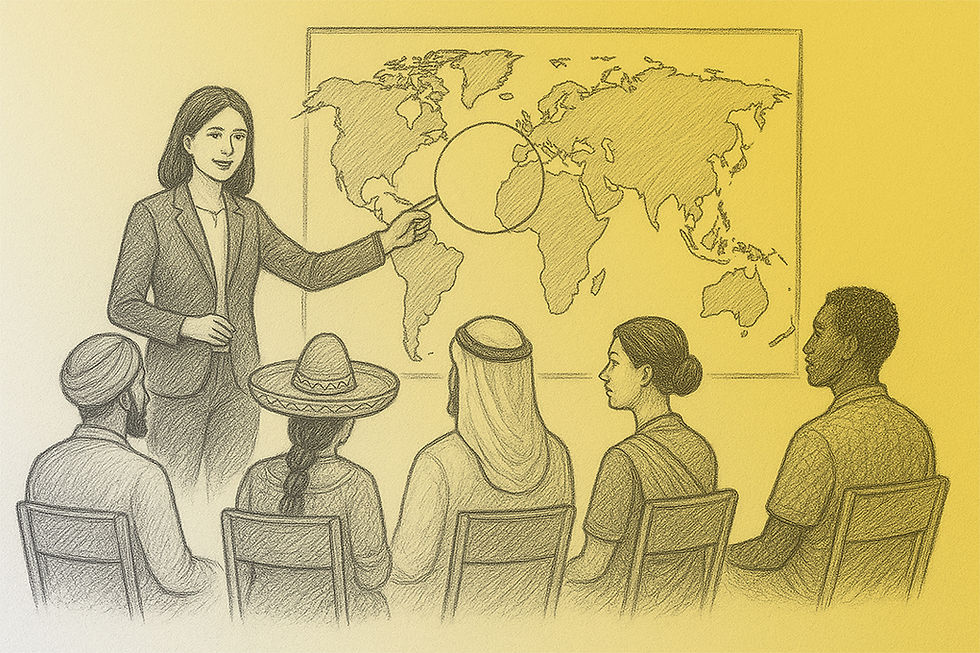The Academics of Bible Translation
- nick franklin
- Feb 4, 2021
- 2 min read
English speakers are blessed to have so many well done translations that we even have the luxury of choosing a translation that suits us. Most languages are not so lucky and even more languages have no Bible at all. When the Word for the World takes on a project, one of the most important things for us to consider is, “How is the community going to react to this translation?” If the translation is rejected because it sounds or reads poorly, then it was a lot of wasted effort and money for everyone involved. Essentially, it’s something you need to plan for, or you’re planning to fail. Phonetics, the study and classification of speech sounds. Phonology, how speech sounds are organised in the mind and used to convey meaning. Orthography, the conventional spelling system of a language. What mouthfuls! We’ll just call all that PPO from now on. These three skills are vital for the successful translation of scripture into a language. In November of 2020, there was a zoom training event with some translators in Myanmar, with eleven students in all and covering three totally separate languages. But even so, the basic linguistic principles of PPO are applicable regardless of language. (God may have broken the Tower of Babel, but thankfully he didn’t shatter linguistics. What a nightmare that would be!) “It was really amazing to study PPO,” one of the students [name redacted for security reasons] said, “and especially the study of phonetics opened my eyes to understand more about my language. It has helped us to analyse our language in linguistics perspective and scientifically.” Another student said, “We just speak our language without thinking about the sound system and the tone, but this training is vital to grasp the function of tones in our language and it has helped us to tackle with some issues that we have in our writing system.” Some of these people had no idea what PPO was before this event. They never thought of their own languages in such a way. And they are the reason their communities will accept and take pride in their translation. It doesn’t take a Western academic to successfully translate the Bible. It takes normal men and women who love their communities and love God. The Word for the World provides some of the tools, but these students are the ones who make it happen. P.S. At the time of publishing, Myanmar is undergoing extreme political turmoil. Please keep not only the students in your prayers, but also the people of this nation. May the will of God be done in Myanmar as it is in Heaven. May the Kingdom come in full power there.“Why do the nations conspire and the peoples plot in vain? The kings of the earth rise up and the rulers band together against the Lord and against his anointed, saying ‘Let us break their chains and throw off their shackles.’ The One enthroned in heaven laughs; the Lord scoffs at them.” (Psalm 2: 1-4 NIV)



Comments